
Ashley Ehlers
Ph.D. Bioinformatics and Computational Biology
ehlersa@sun.ac.za

Ashley's PhD project focuses on building and grokking a machine learning framework for predictive modelling of diseases using large omics data sets. The analysis of omics data remains complex and fraught with potential for misinterpretation. Ashley is particularly interested in the design of best practices for an end-to-end optimal performing and updated machine learning framework for suitable biosignature identification using gene expression profiling and proteomics data sets. These biosignatures are not only useful in identifying the gene or protein sets for predictive modelling but can also shed light on the biological processes involved which improves our understanding of the domain.

Kimberly Coetzer
Ph.D. Bioinformatics and Computational Biology
kcoetzer@sun.ac.za

Kimberly is currently in her first year of PhD under the supervision of Professor Gerard Tromp and Professor Gian Van der Spuy. Kimberly is interested in integrative research involving multi-omics data and how the findings might be used to better understand genetic disorders. Her research will focus on the proteogenomics of genetic disorders, specifically amyotrophic lateral sclerosis (ALS). The aim of this PhD is to develop a containerized tool for reproducible proteogenomic data analysis using WGS, RNA-Seq and proteomics data. The results will be used to gain biological insight into ALS by analyzing disease mechanisms and gene functions. Kimberly plans to use the skills gained through her PhD to pursue a career as a full-time bioinformatician.
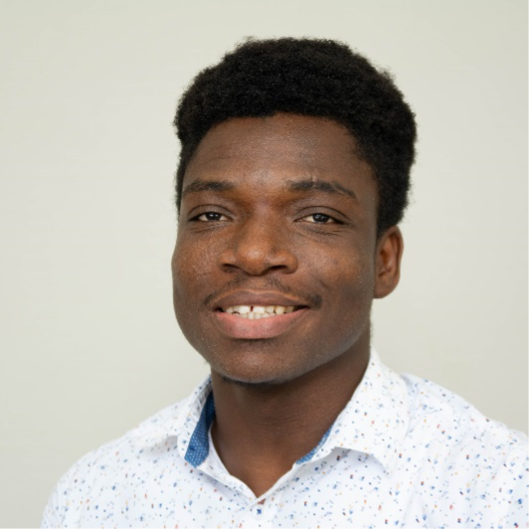
Kwame Ahiavi
Ph.D. Molecular Biology
kwame@sun.ac.za
The focus of Kwame's work is the implementation of a pipeline for analysing single-cell RNA sequencing data (scRNA-seq), which he developed as part of his MSc project. scRNA-seq is a cutting-edge technique for quantifying gene expression from individual cells, generating novel insights from biomedical research data. The pipeline analyses scRNA-seq data in an automated and reproducible fashion. In the future, Kwame aims to contribute to the implementation of bioinformatics techniques to answer biomedical research questions and contribute to building the capacity of junior scientists via bioinformatics teaching and research in Ghana, his home country, and beyond Sub-Saharan Africa.

Abhinav Sharma
Ph.D. Molecular Biology
abhinavsharma@sun.ac.za

Abhinav holds a masters degree in computer science and has extensive experience in developing software for bioinfromatics. His PhD project is focused on creating a new generation of MTb-specific and sequencing technology-independent tools for analyzing WGS data using modern machine learning techniques (i) for genome alignment (ii) for variant calling and (iii) to combine heterogenous machine learning models for resistance prediction, to achieve comparable performance against the state-of-the-art tools.

Tammara Poa Siang Koh
M.Sc. Bioinformatics and Computational Biology
21616019@sun.ac.za

Tammara's MSc focuses on protein stability and the effect of mutations in the amino acid sequence with respect to misfolding as well as conformation stability. Her project is titled, A computational framework for parallelised protein folding simulation and the investigation of protein stability. The idea is to make use of a threading algorithm, energy functions, as well as molecular dynamics simulations to investigate the structural stability of the Prion protein and the mutations that could affect it. Tammara hopes that her research provides more insight into the mechanisms of protein folding, the folding pathways, as well as the possibility of misfolding due to mutations in the amino acid sequence. In the near future Tammara would like to be a constructive member of the scientific community, by utilising the skill sets obtained from computer science and creating resources that assist in various flavours of research.

Tiqvah Potgieter
M.Sc. Bioinformatics and Computational Biology
tpotgieter@sun.ac.za
Tiqvah's MSc project focuses on comparing different parameters in various publicly available single-cell RNA-sequencing datasets. The aim is to evaluate how these parameters impact downstream clustering and cell-type annotation results. Single-cell RNA-sequencing is a powerful technique that allows researchers to study gene expression at a single-cell level, providing the ability to identify specific cell types within a sample rather than globally, as with bulk RNA-sequencing. The project acknowledges the exciting capabilities of single-cell RNA-sequencing technology. However, it also recognises the challenges associated with pre-processing and downstream analysis of RNA-seq data, which are currently not standardised. By exploring different processing parameters, Tiqvah aims to contribute to the development of more robust and reliable methods for analysing scRNA-seq data.
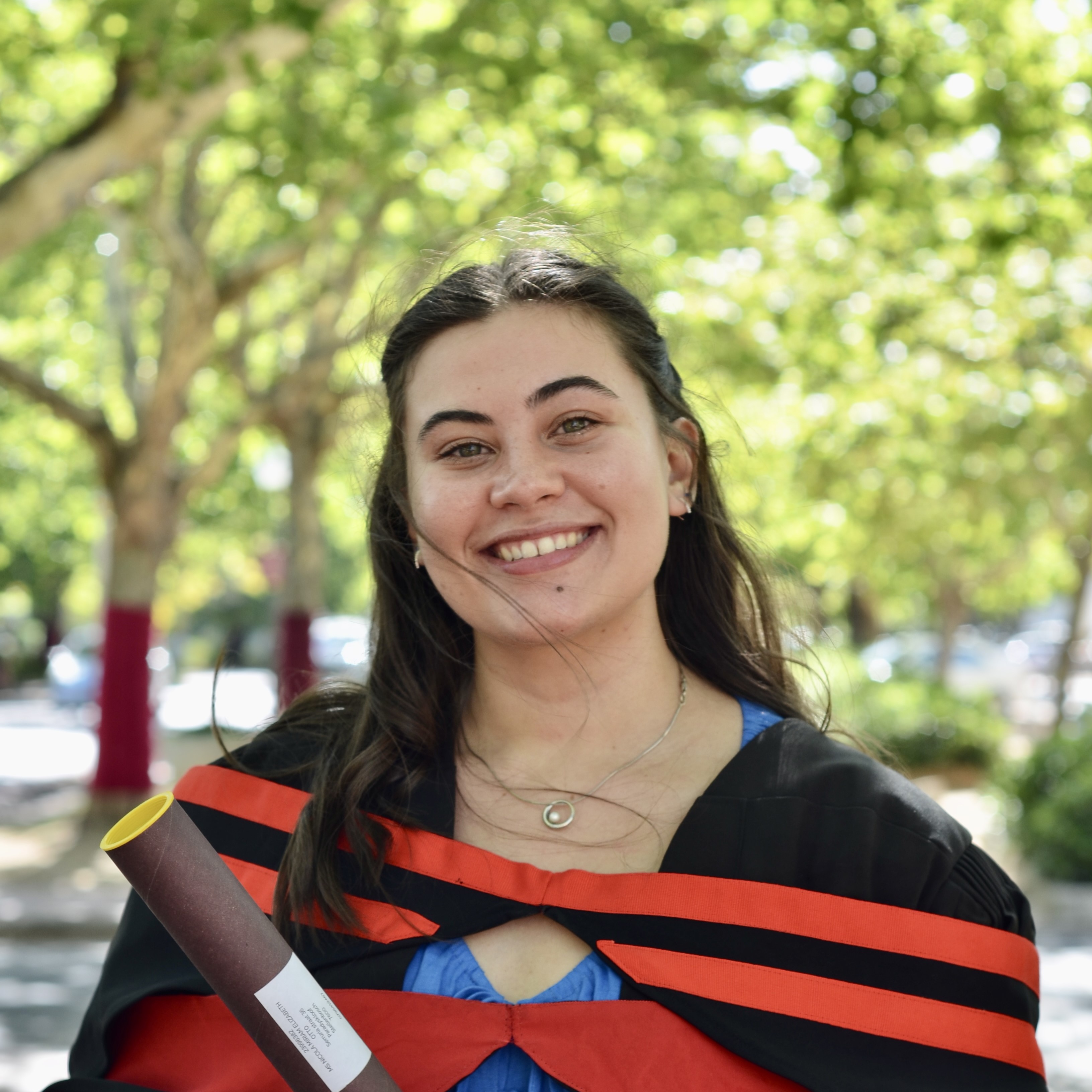
Nicola Otto
M.Sc. Bioinformatics and Computational Biology
23996382@sun.ac.za


Nicola's MSc project delves into utilizing both microarray and RNA-sequence data to enhance our understanding of Esophageal Cancer (EC) and Barrett's Esophagus (BE). Building on prior research, it aims to validate and expand differential gene expression and gene set enrichment analyses. By using multiple omics datasets, the project seeks to uncover novel insights into the molecular mechanisms driving EC and BE progression. Nicola's aim is to provide a comprehensive view of the molecular landscape associated with EC and BE, elucidating underlying genetic alterations and enriched pathways. These findings could potentially lead to the identification of biomarkers for early detection and personalized treatment strategies.
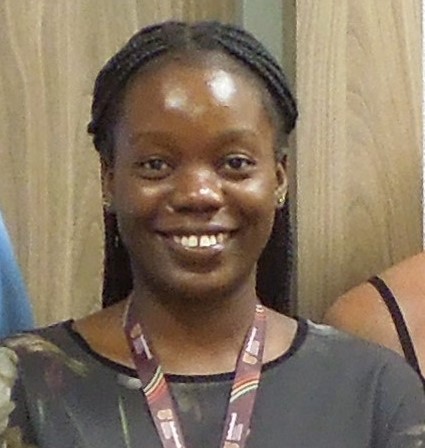
Chipo Manda
M.Sc. Molecular Biology
mandac@sun.ac.za
Chipo’s MSc project focuses on developing a preprocessing workflow with a containerized pipeline for studying bacterial gene expression. The main objective of her project is to compare two containerized computational pipelines for the preprocessing of bacterial RNA-seq data. Specifically, she uses the nf-core RNA-seq and ProkSeq pipelines, analysing their outputs, and evaluating their performance in terms of computational resources and time required. Chipo, who is from Zambia, is funded by a DAAD MSc Scholarship.
Cross Disciplinary Students
In addition to our own students, we also co-supervise a number of students based in other research groups, some of whom spend most, or all of their time working in the Bioinformatics section.
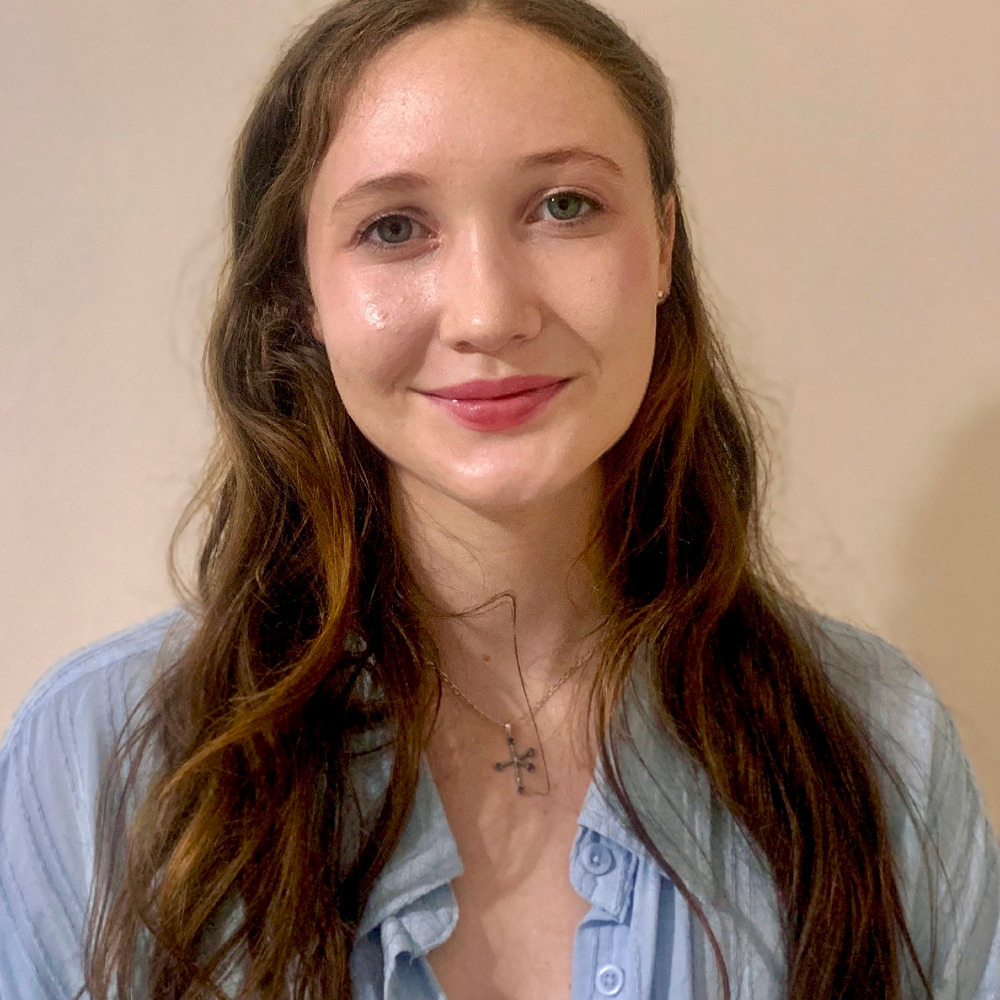
Alicen Henning
M.Sc. Human Genetics
27741931@sun.ac.za
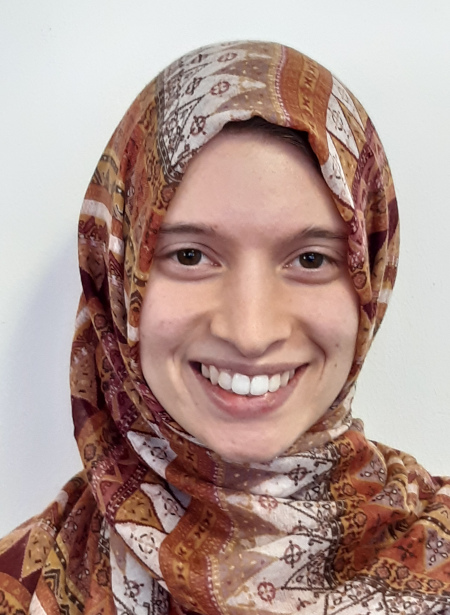
Raadhiyah Mathee
Ph.D.. Human Genetics
rmathee@sun.ac.za

